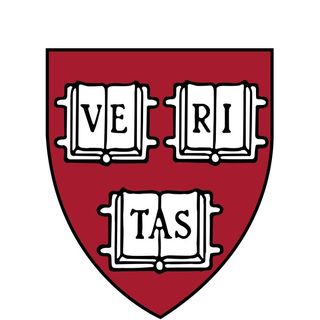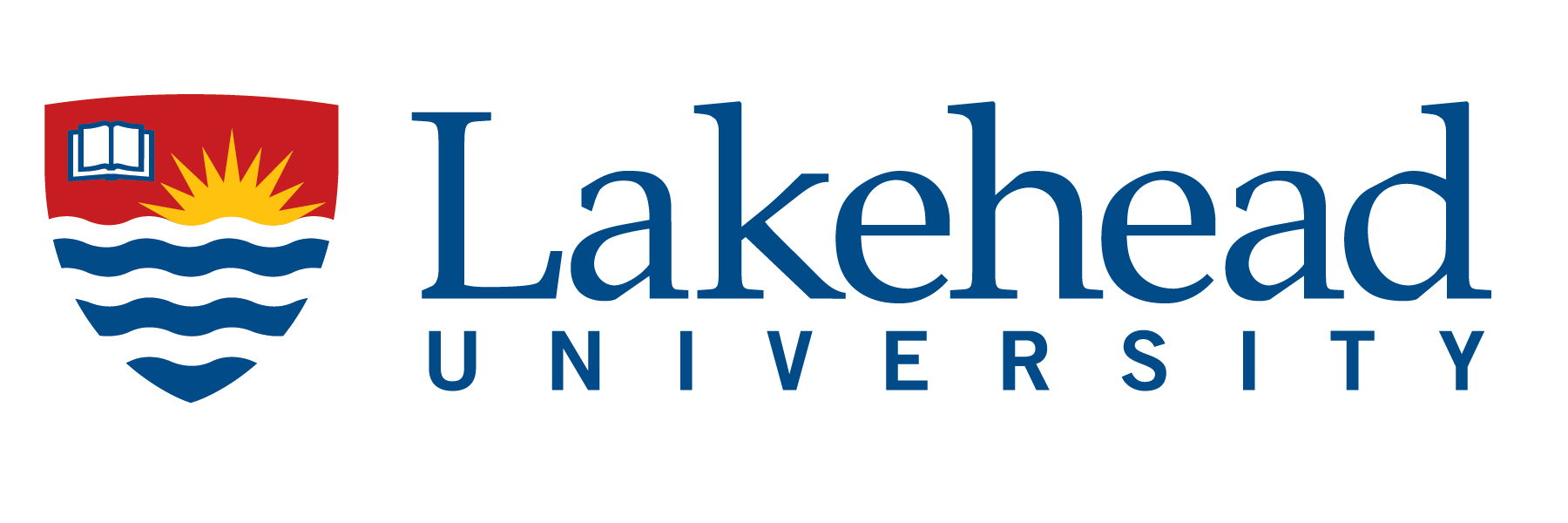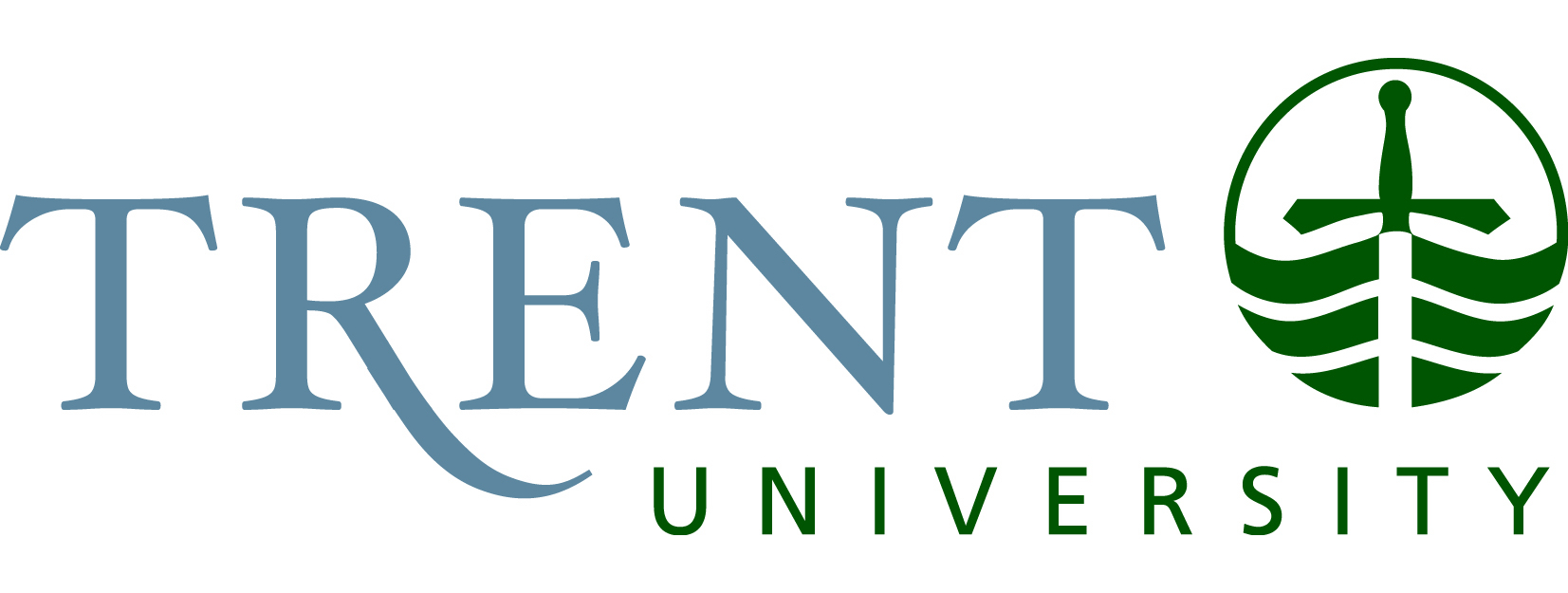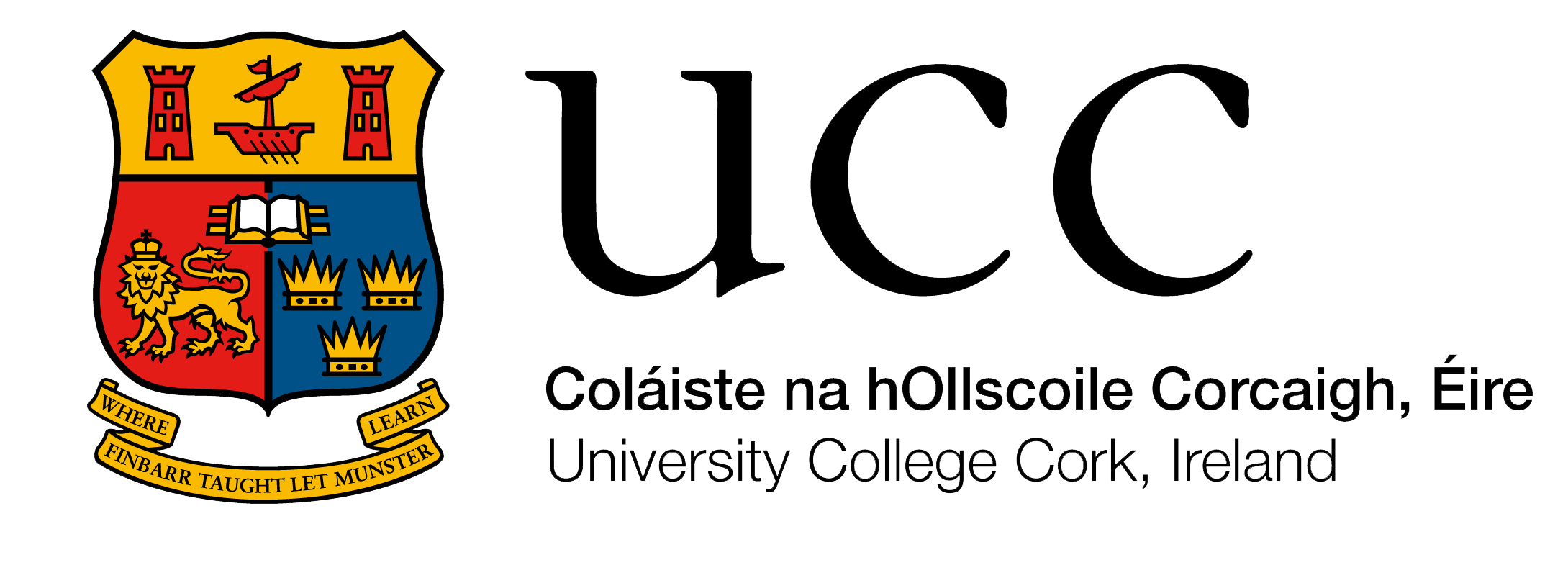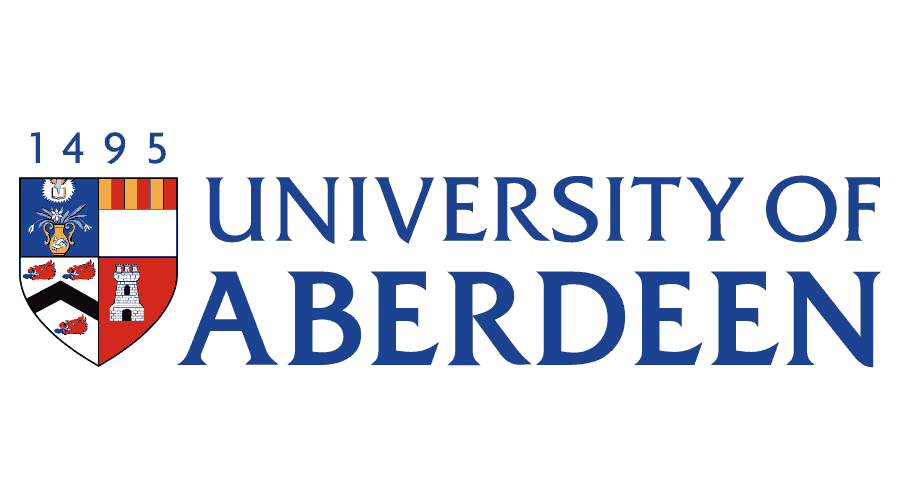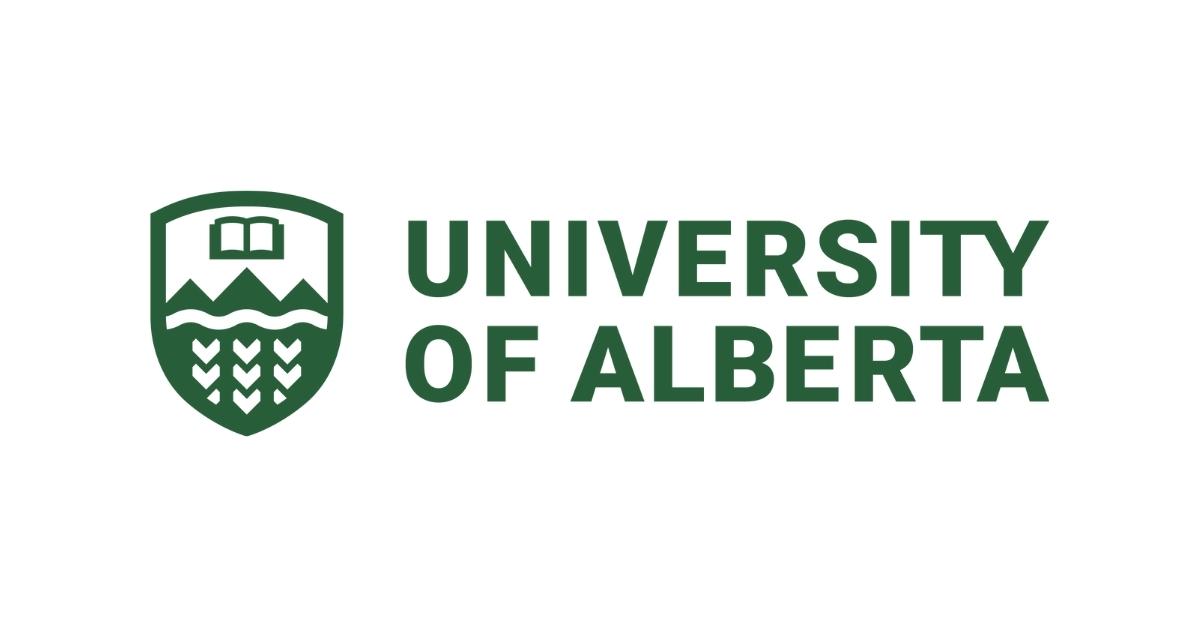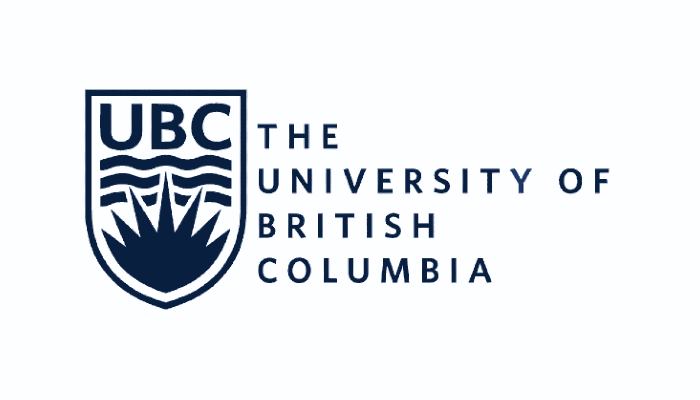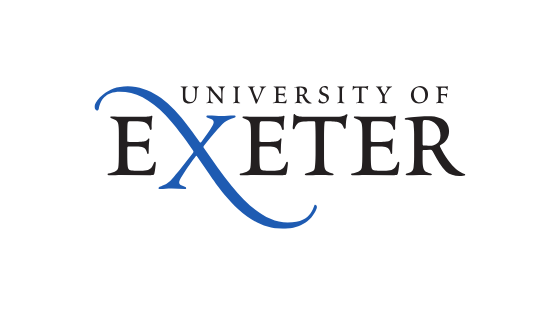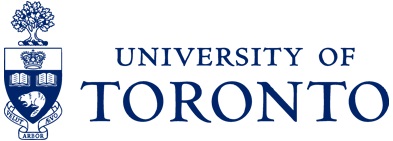Anthropology: Exploring Human Societies and Cultures Abroad
Anthropology is the scientific study of humanity, encompassing our biological, cultural, social, and linguistic evolution. From ancient civilizations to modern global societies, anthropology helps us understand what makes us uniquely human. For Indian students aspiring to study abroad, pursuing an anthropology degree opens doors to diverse cultures, fieldwork opportunities, and interdisciplinary insights that are invaluable in today's interconnected world.
Studying anthropology abroad offers a global perspective that's hard to replicate at home. Imagine conducting ethnographic research in vibrant communities across Europe, the Americas, or Oceania. This field not only broadens your worldview but also equips you with skills in critical thinking, cross-cultural communication, and ethical research—essential for careers in international development, NGOs, museums, and more.
Why Choose Anthropology for Your Study Abroad Journey?
Anthropology stands out for its holistic approach, blending history, sociology, biology, and linguistics. It's particularly appealing for Indian students who come from a culturally rich nation like India, where traditions, festivals, and social structures provide a strong foundation for deeper global explorations.
- Cultural Immersion: Abroad programs often include fieldwork, allowing you to live and learn among indigenous groups or urban communities, fostering empathy and adaptability.
- Interdisciplinary Nature: Combine anthropology with fields like environmental science, public health, or business for versatile career paths.
- Global Relevance: In an era of migration and globalization, understanding human diversity is key to addressing issues like climate change, inequality, and cultural preservation.
- Scholarship Opportunities: Many universities offer funding for international students, including Indians, through programs like Fulbright or university-specific grants.
For Indian students, studying anthropology abroad can bridge the gap between your heritage and the world. You'll gain tools to analyze India's own social dynamics while appreciating similarities and differences with other cultures.
Key Subfields in Anthropology
Anthropology is divided into four main subfields, each offering unique insights and study options abroad. Programs often allow specialization based on your interests.
| Subfield | Description | Popular Study Destinations | Career Links |
|---|---|---|---|
| Cultural Anthropology | Focuses on contemporary human cultures, rituals, and social structures through ethnography and participant observation. | UK (Oxford University), USA (University of Chicago) | Cultural consultant, NGO worker, journalist |
| Biological Anthropology | Examines human evolution, genetics, and primatology, often involving lab work and fossil analysis. | Australia (Australian National University), Canada (University of Toronto) | Forensic anthropologist, medical researcher, conservationist |
| Archaeology | Studies past human societies through artifacts, ruins, and excavations, blending history with science. | USA (Harvard University), Italy (University of Rome) | Archaeologist, museum curator, heritage manager |
| Linguistic Anthropology | Explores how language shapes culture, identity, and communication in diverse societies. | UK (SOAS University of London), New Zealand (University of Auckland) | Linguist, translator, education specialist |
These subfields often overlap in degree programs, giving you flexibility. For instance, a bachelor's in anthropology might include modules from all areas, while a master's allows deeper dives like medical anthropology or visual anthropology.
Top Universities and Programs for Indian Students
Selecting the right university is crucial for your study abroad experience. Here are some top destinations and institutions renowned for anthropology, with considerations for Indian applicants such as visa ease, scholarships, and cultural support.
United States
The US leads in anthropology research, with strong funding for fieldwork. Popular programs:
- University of California, Berkeley: Offers a BA/MA in Anthropology with emphasis on Pacific Rim studies—relevant for Indian students interested in Asian connections. Tuition: ~$45,000/year; Scholarships: Berkeley International Office grants.
- Harvard University: World-class PhD programs in social anthropology. Indian students benefit from the Harvard India Initiative for funding.
Tip: F-1 visa process is straightforward; many campuses have Indian student associations for support.
United Kingdom
The UK provides shorter degrees (3 years for BA), ideal for cost-conscious students.
- University of Oxford: BA in Archaeology and Anthropology. Focus on theoretical frameworks; Chevening Scholarships available for Indians.
- London School of Economics (LSE): MSc in Social Anthropology. Strong on development studies, aligning with India's global role.
Post-study work visa (up to 2 years) is a plus for gaining experience.
Australia and Canada
These countries offer welcoming environments with high employability.
- Australian National University (ANU): BA in Anthropology with Indigenous studies. Australia Awards Scholarships for South Asians.
- University of Toronto, Canada: MA in Anthropology focusing on urban ethnography. Vanier Scholarships support international research.
Both nations have streamlined student visas and pathways to permanent residency, beneficial for long-term stays.
Indian students should check English proficiency requirements (IELTS/TOEFL) and prepare for GRE for graduate programs. Costs vary: Undergrad ~$20,000–$50,000/year; living expenses ~$15,000/year.
Curriculum and Learning Experience
A typical anthropology program abroad includes core modules, electives, and practical components. Here's a sample structure for a 3-year BA:
- Year 1: Foundations – Introduction to anthropology theories (e.g., Malinowski's functionalism), human evolution, and basic research methods. Readings from scholars like Claude Lévi-Strauss.
- Year 2: Specialization – Dive into subfields with courses like "Globalization and Culture" or "Forensic Anthropology." Group projects simulate fieldwork.
- Year 3: Advanced Study and Dissertation – Independent research project, often involving international travel. Internships at museums or NGOs are common.
Assessment blends essays, exams, and portfolios. Abroad, you'll engage in hands-on learning: excavating sites in Greece, interviewing communities in Mexico, or analyzing DNA in labs. Virtual reality tools are increasingly used for ethical simulations, especially post-pandemic.
For Indian students, programs often include modules on South Asian anthropology, exploring topics like caste systems, migration, or Bollywood's cultural impact—making the study relatable yet expansive.
Career Opportunities After Studying Anthropology
An anthropology degree is versatile, leading to high-demand roles. Graduates earn competitive salaries: ~$50,000 starting in the US, with growth to $80,000+ mid-career.
- International Development: Work with UN agencies or World Bank on poverty alleviation projects, leveraging cross-cultural skills.
- Corporate Sector: User experience (UX) research for companies like Google, applying ethnographic methods to consumer behavior.
- Public Sector: Policy advisor in government, focusing on immigration or indigenous rights—relevant for returning to India.
- Academia and Research: Pursue PhD for teaching or think tanks; many Indians contribute to global studies on decolonization.
- Heritage and Media: Curate exhibits at the British Museum or produce documentaries on cultural preservation.
In India, alumni often join organizations like UNESCO India or consult for tourism boards. The degree's emphasis on qualitative research is prized in consulting firms like McKinsey.
Challenges and Tips for Indian Students
Studying abroad isn't without hurdles, but preparation eases them.
- Financial Planning: Budget for tuition, visas (~$500), and travel. Seek merit-based scholarships like Inlaks Shivdasani Foundation for Indians.
- Cultural Adjustment: Join Indian diaspora groups; expect initial homesickness but embrace the diversity.
- Visa and Application: Start early—deadlines are 6-12 months ahead. Strong SOP highlighting your interest in anthropology is key.
- Health and Safety: Universities provide counseling; COVID protocols are standard.
Success stories abound: Indian alumni like Kiran Desai (author) draw from anthropological insights in their work.
Conclusion: Embark on Your Anthropological Adventure
Studying anthropology abroad is more than an education—it's a transformative journey into humanity's story. For Indian students, it connects your roots to the world, fostering global citizenship. Explore programs, apply boldly, and prepare to uncover the fascinating tapestry of human life. Your future in this dynamic field awaits!












